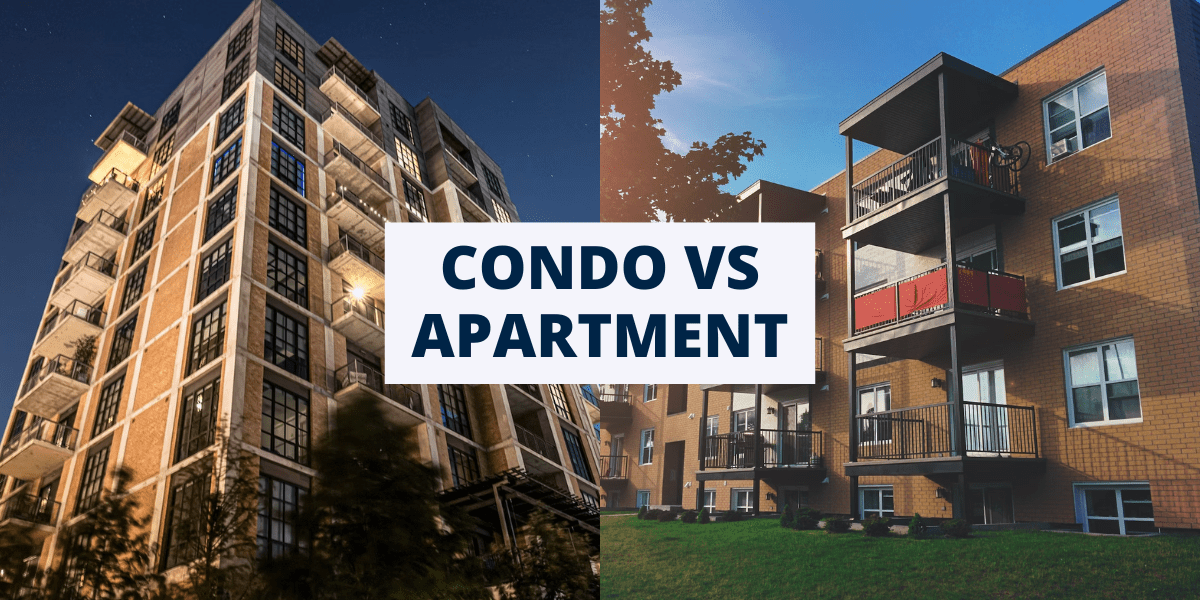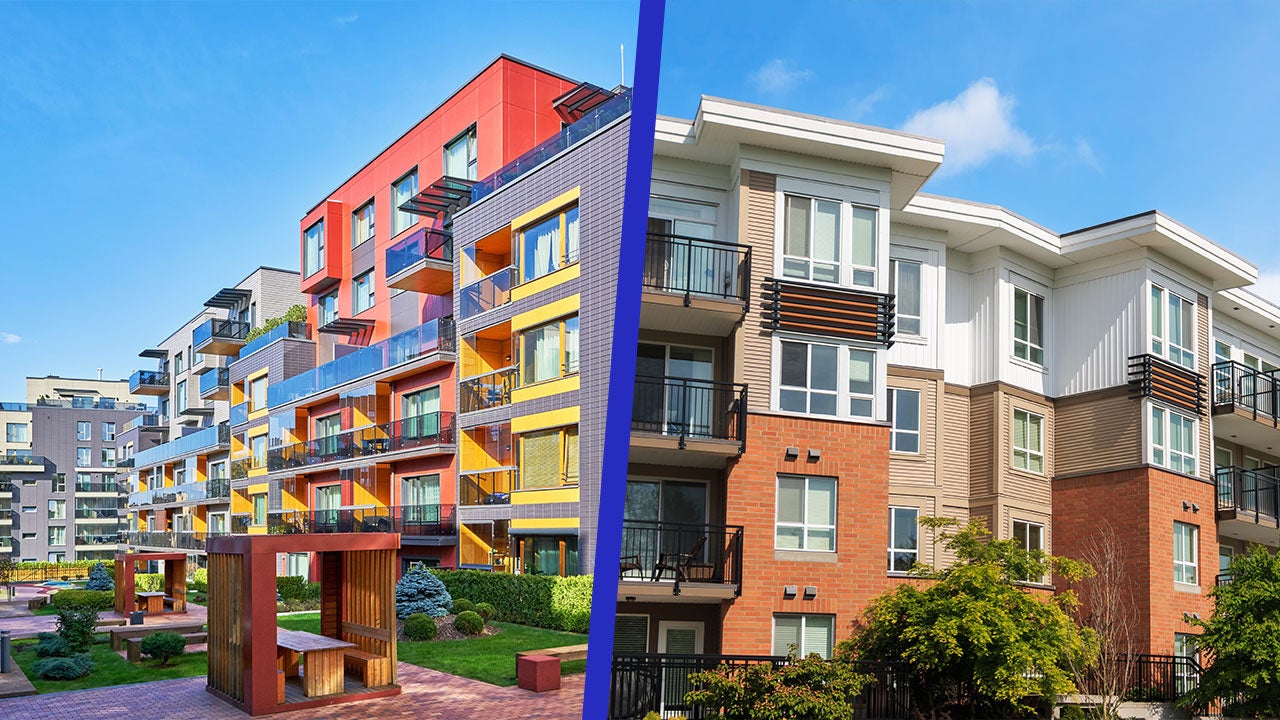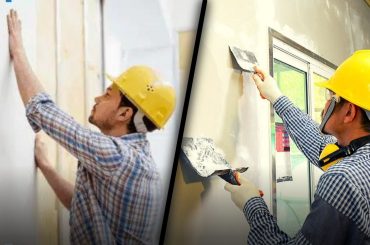Condos and apartments are very different, but the line between them can be blurry. Condos are investments, unlike apartments that are rented.
Apartments and condominiums differ primarily in that apartments are rented and condominiums are owned. The result is that apartment buildings and condominiums are usually indistinguishable from the street unless they have signs. Viewing several units inside will show you how ownership makes a difference.
In an apartment complex, all units have the same plumbing fixtures and carpeting, possibly even the same furniture. All major design decisions are made by the landlord.
Due to the fact that condo units are individually owned, they have their own unique character. There is no restriction on owners changing carpeting, painting walls, or even adding structural changes to their units, regardless of how similar they may be architecturally.
The details of renting versus owning a condo were provided by California real estate broker Paul Lazaga. His tips for deciding between the two helped people make the right choice.
Condo vs. Apartment: What Are the Main Differences
Landlords are responsible for taking care of apartment complexes, and tenants are usually charged for maintenance. The lease agreement specifies the rules for using the premises, including amenities such as swimming pools.
Leases stipulate a time period for the tenants to occupy the apartment (usually a year), and when the lease expires, a new lease must be signed. When rental markets are hot, landlords often raise rents because of this.
A Homeowners Association (HOA) is a group of people who collectively own condominium buildings in common. HOA board members are elected from all owners in the complex and are responsible for overseeing grounds maintenance and establishing rules for common amenities.
When tenants in condos pay their mortgage and HOA fees on time, they cannot be evicted or have their rent increased.
Apartment dwellers call their landlord when something needs fixing, whereas condo owners maintain their units. Repairs are provided by some HOAs. The HOA rules must be read carefully, according to Lazaga, so you will not be blindsided. There are some HOAs that cover major repairs, such as window replacement, while there are other HOAs that do not. Find out the difference between an apartment and a house and the laws that govern HOAs in your state.

Condo Costs vs. Apartment Costs
Since condos are real estate investments, moving into one costs more than moving into an apartment. A condo’s value can increase by 3% annually over several years, according to Lazaga. He says it fluctuates. There are times when appreciation is less, and there are times when it is more. For this reason, first-time homebuyers can benefit from a condo investment.
Condo purchases typically require a down payment of 20%. According to Lazaga, a median national price of $500,000 would require a down payment of $100,000. Lazaga says the average monthly mortgage payment at current interest rates is $3,000, plus $200 to $600 in HOA fees.
By making mortgage payments, condo owners earn equity, appreciation on the property, and interest deductions on their taxes.
Rent and security deposits are set by landlords when tenants move into an apartment. When moving into a new apartment, it is common to pay the first and last month’s rent.
In California, landlords are allowed to collect three months’ rent as a security deposit. It can cost $4,500 or more to move into a furnished apartment in California, where a two-bedroom apartment rents for an average of $1,500. Depending on the terms of the lease, tenants may also have to pay for utilities, internet access, and trash collection.
Condo Owner vs. Apartment Tenant Responsibilities
Your lease agreement outlines your responsibilities when you rent an apartment. The HOA rules determine them when you purchase a condo.
Most apartment tenants are only responsible for keeping their unit clean and in good repair unless otherwise stated. In addition to building and property maintenance, repairs such as replacing a faucet or replacing the water heater are the landlord’s responsibility. Most renters are covered for snow removal, garbage disposal, and security.
Depending on the HOA rules, condo owners may have different responsibilities. As part of their responsibilities, homeowners’ associations usually provide grounds maintenance, security, as well as many of the same services as landlords, such as trash disposal. Since HOAs are communities, rules and responsibilities vary based on who lives in the building and the amenities it offers.
Maintenance and repairs are the responsibility of every condo owner. It can be a drawback. It’s the price you pay to protect your investment, according to Lazaga: “If you own a home, you have to pay for maintenance.”





